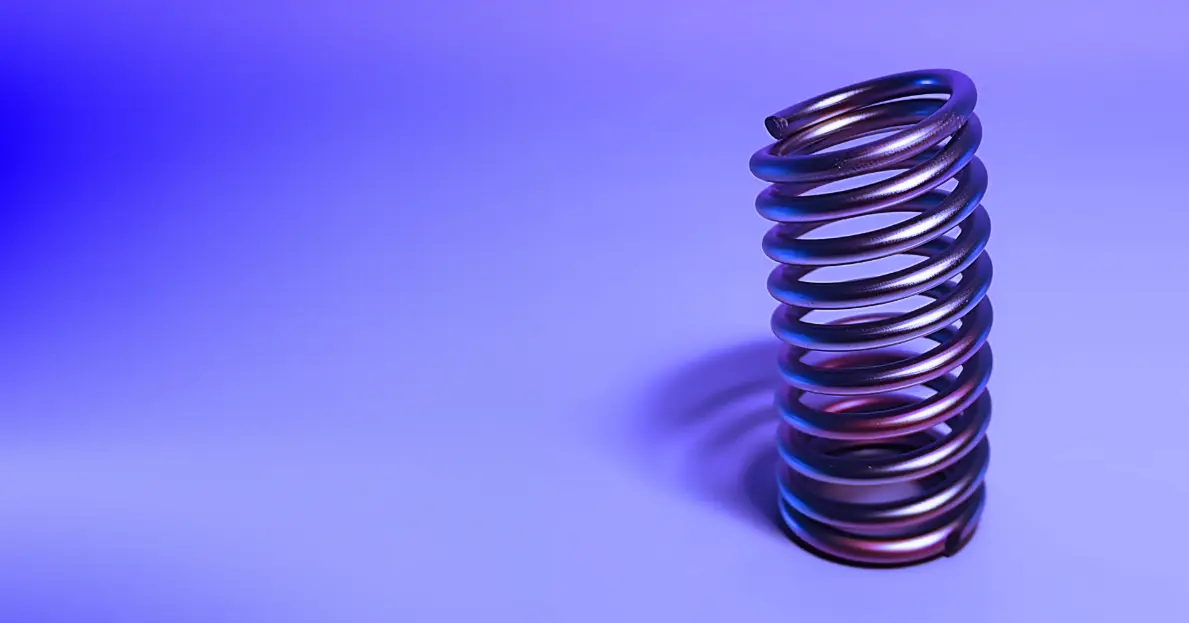Engineers often delve into specific areas such as compression spring production. These springs have myriad uses, found in everything from household appliances to intricate mechanical units. For example, consider valve controls in automotive engines. Here, a well-made compression spring contributes towards improved fuel efficiency. Thus, working with a skilled compression spring manufacturer is important.
It's worth noting that compression springs can behave differently based on the conditions. The same spring design may not perform identically in cold and hot climates. A manufacturer with expertise in such variations can boost the overall performance of your product. Therefore, technical competence and understanding of spring behaviors in varying environments are the key traits to look for in a prospective manufacturing partner.
How to Choose a Manufacturer
Choosing a compression spring manufacturer involves evaluating multiple factors. First, determine the manufacturer's industry experience and track record. A long-established manufacturer offers a proven process and strict quality checks, while newer manufacturers might leverage the latest technologies.
The quality of the manufacturer's equipment is an important consideration. Manufacturers who invest in top-tier, computerized coiling machines provide reliable results and can minimize human errors which can affect spring tension settings, increasing the safety of the spring designs.
The technical expertise of the manufacturer's team is another consideration. A strong engineering team aids in optimizing the components of the spring, but note that the choice of design ultimately depends on the designer or engineer.
Manufacturers adaptable to specific project needs are beneficial. For example, if a project necessitates specific materials or unique pitch configurations, choose a manufacturer experienced in providing customized solutions.
Cost-effectiveness is another key factor. A higher price tag does not guarantee the best product. An affordable manufacturer might provide limited material options, while a pricy one might excel in customer service and design support, showing that cost and quality must both be considered.
Examples of Manufacturers
-
Acxess Spring : Acxess Spring applies innovative technology to meet specific spring design needs. For example, they use machinery that ensures even stress distribution across compression springs to improve both safety and longevity.
-
Lee Spring : Lee Spring has a wide-ranging product portfolio and provides several material types and finishes for compression springs. To choose between Stainless Steel and Music Wire, you need to consider factors such as cost, corrosion resistance, and conductivity.
-
W.B. Jones Spring Company : W.B. Jones Spring Company is noted for their custom solutions, including the ability to adjust spring parameters for specific load requirements. However, note that custom solutions can usually require longer manufacturing times and higher costs than standard products.
-
Associated Spring : Associated Spring stands out for its quality control processes. They perform comprehensive stress and load testing to ensure the resilience and reliability of their springs.
Conclusion
The appropriate choice of a compression spring manufacturer transcends a mere supply contract. Consider it a strategic alliance, crucial to the success of your product. Evaluate potential candidates using clear parameters such as their experience, manufacturing capabilities, adaptability, and cost-effectiveness. The main objective is to produce a high-performing final product, and achieving this is contingent on a high standard of the compression spring component in terms of reliability and precision.


